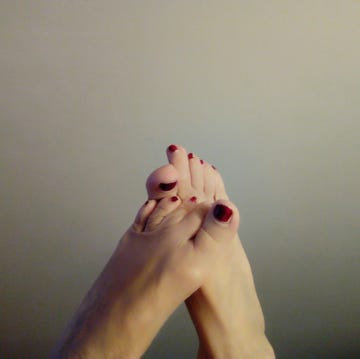Have you ever called in sick with a minor ailment when deep down you knew you were perfectly capable of putting in a day's work? Or perhaps you have dragged yourself into the office knowing that you were too sick to be of much use, but didn't want to be seen as a skiver?
It can be a dilemma. I know I have at times been in surgery full of cold thinking that I feel worse than some of the patients I am seeing that day, and in hindsight there are times when perhaps I shouldn't have been there.
But there is a fine line and if we all took time out at the first sign of a sniffle, there could be pretty dire consequences for the British economy. British adults can expect to get anything up to four colds a year and each cold can last a week or two – that's a lot of sick leave! In fact, it is estimated that sick days taken for colds cost around £1.3 million.
If you are debating with yourself as to whether or not to go into work with a cold this winter, I think you should ask yourself two questions.
1. Are my symptoms severe enough to impair my judgment and performance?
2. Am I putting others at significant risk if I go into work?
If the answer to either of these questions is yes, then you should probably stay at home. The second question is particularly relevant if you are working with frail or vulnerable people for whom a cold can be a serious illness.
The other thing to bear in mind is that if you develop a cold you are actually infectious from a few days before your symptoms develop until after they have all gone, so if you are working with a group of healthy people, the chances are they have already been exposed to your virus before you became ill.
If you do go to work when you're ill
But if you do go into work, you should do all you can to prevent the spread of your germs and this includes
- Regular hand washing.
- Disposing of tissues immediately: viruses can live for several hours outside the human body so leaving used tissues around only allows for further spread of the virus. Anti viral tissues will also help reduce the spread.
- Wiping down surfaces and keyboards regularly.













